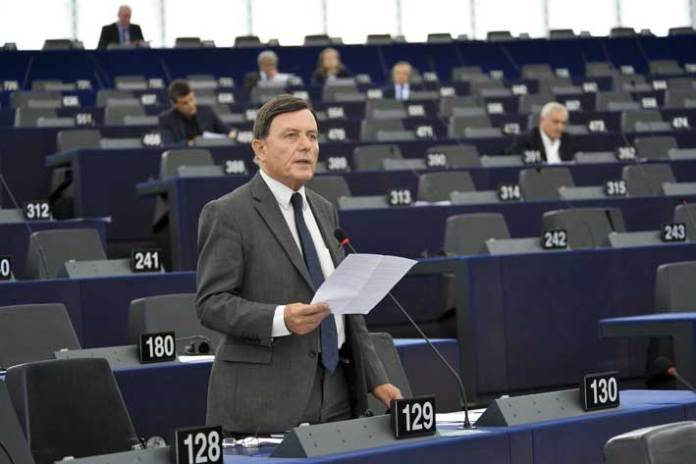
Last Updated on Thursday, 2 December, 2021 at 1:42 pm by Andre Camilleri
“The COVID crisis has underlined the urgent need to ensure that essential workers, cleaners, health and agricultural workers earn a more adequate minimum wage.”
So emphasized the Head of the Maltese S&D Labour Party Delegation to the European Parliament during a debate at the plenary of the European Parliament regarding whether talks should be opened between the parliament and the European Council on a draft directive on minimum wages in the European Union. Sant voted in favour of opening talks.
The main objective of the draft directive on the adequate minimum wages is to establish the minimum requirements for a decent standard of living for workers and their families in European Member States.
Sant noted that a number of stakeholders had expressed doubts over the abrupt outcome of the negotiations on this issue but argued that given current circumstances it is necessary to act very quickly.
Sant claimed that the directive sets the criteria for minimum wages at national level without imposing “a one-size-fits-all framework” on all Member States. The criteria relate to the cost of living, based on a national basket of goods and services including VAT, social security contributions and public services. During a time when trade union development is essential, this directive will also make certain that employers furnish trade union representatives with relevant facts, facilities and access to the workplace and employees, Sant added.
The Labour MEP noted that the text for the directive can be easily adjusted to include any required changes for every Member State and beyond that it bears in mind that long standing and legitimate practices of wage bargaining in specific sectors need to be respected. Sant stated that “this directive opens a welcome way forward to better address the situation of the most vulnerable workers in Europe” whose contribution proved to be precious during the COVID-19 pandemic.
The report was adopted with 443 votes in favour, 192 against and 58 abstentions.






































